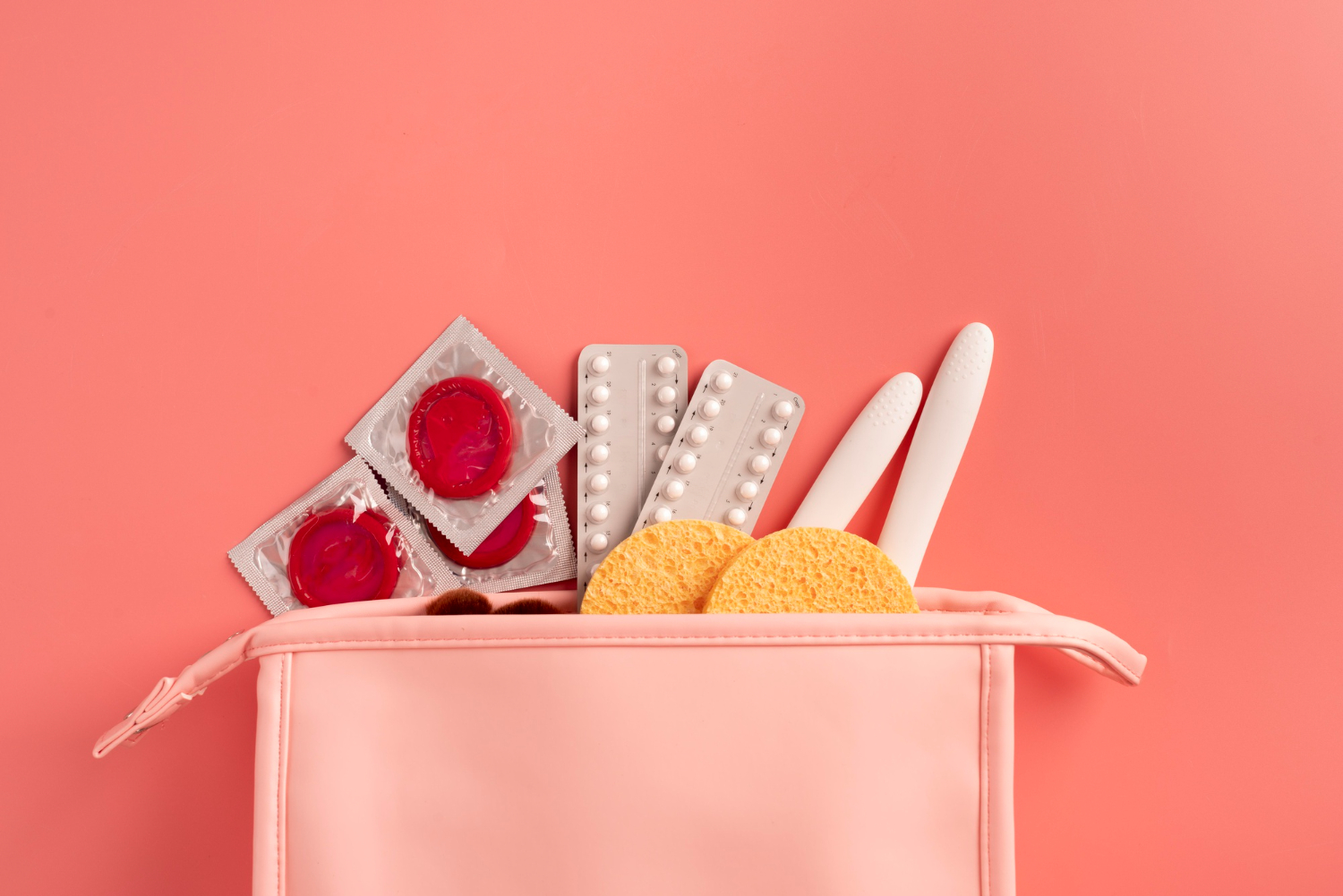What percentage of women have children in the UK?


The UK is experiencing a decline in the birth rate.

According to the Office of the National Statistics, there were only 613,936 births in the British Isles (England and Wales), a considerable decline of 4.1% from the previous year. The fertility rate reached the historical lowest in 2020 at 1.58 and this trend is observed in every age group. Why is this happening? Why do the women born in the previous generation produce more babies than this generation? How many women have children and how many women remain childless?
The data shows that there are several reasons for the decline in fertility rates in England, Wales and the rest of The UK. With the average family size lessening, the average age of women who conceive increasing, and an overall rise in those who wish to remain childless, national statistics confirm that trends are showing fewer children are being born overall.
The women of developed countries including the UK are vastly more empowered than the rest of the world. This fact has changed their ability to make decisions about their life including career and family planning as compared to their mother's generation.

Consequently, a fall in the birth rate is observed.
The fertility rate reflects the number of babies produced by women during their reproductive lives. It has considerably declined from +2 in the previous generation to 1.58 against a requirement of 2.1.
Two factors are thought to be responsible.
Women are remaining voluntarily childless for personal reasons.
Secondly, women are less likely nowadays to marry in their teens. The recent data suggests that only 14857 females have babies in their teenage in 2019, a 61% decrease from 2007. Women in mature age I.e., the 40s and 50s are less likely to have babies (low fertility rates). The average age of the first child has risen to 29.1 years. With the increase in the number of childless women, the percentage of two-child families is falling.
The following reasons are thought to be responsible for a few children born to women.
In a bid to control the population, the authorities allowed over-the-counter availability of contraceptives. According to Statista, 60% of women 20-24 years of age were using contraceptives in 2020-21. This increased availability has allowed its use and a resultant low conception and low birth rate. Besides this other devices e.g., implantation, intrauterine devices etc... are also causing a low birth rate.
Welzo offers a large range of contraceptives, click here to learn more.

Due to increased freedom of choice, thousands of women choose to become sterile (permanent termination of the ability to get pregnant). It is many times men opt to go sterile. The women tend to prefer only one child and very few opt for three or more children.
With an increase in voluntary and involuntary childlessness and an increasingly standardised mean age at first, baby, the population decline seem to worsen over time until appropriate measures are taken.
Currently, half of the women by the age of 30 are childless in England and Wales in 2020 while 18.1% of all adults produced no biological offspring throughout their lives. With a declining average family size, the statistics are showing a grim future.
Some people believe that the government should take measures to increase the average number of children per woman to at least two children.
To learn more about fertility, see our information page here, we also offer a Female Fertility Test, to assess your hormone levels and understand your menstrual cycle.
For a full range of blood tests and medications, visit our Welzo Online Pharmacy Page. For more details, click here.










Plus get the inside scoop on our latest content and updates in our monthly newsletter.